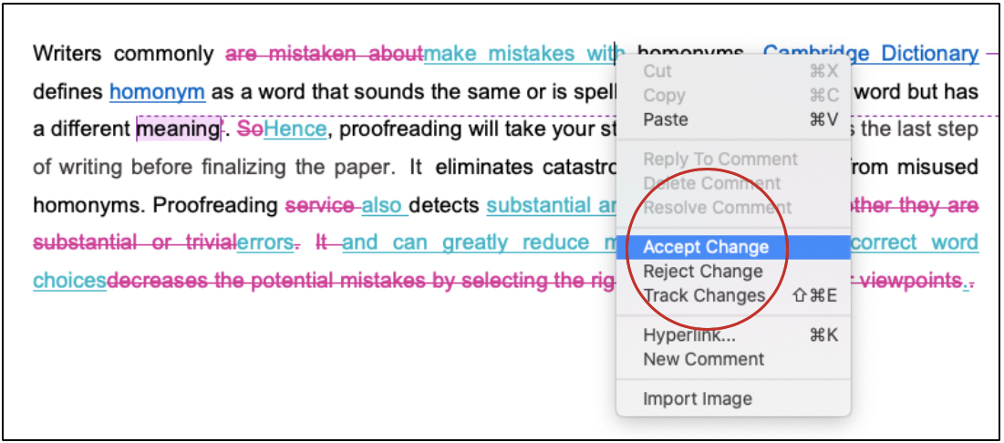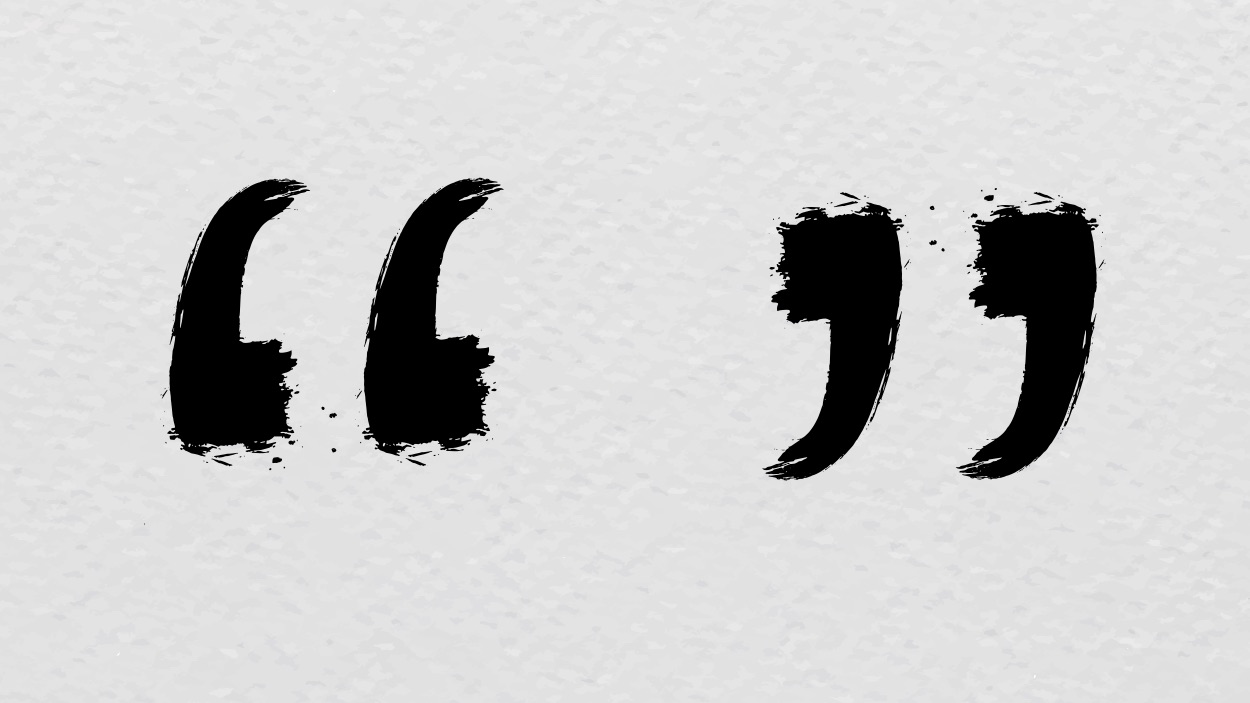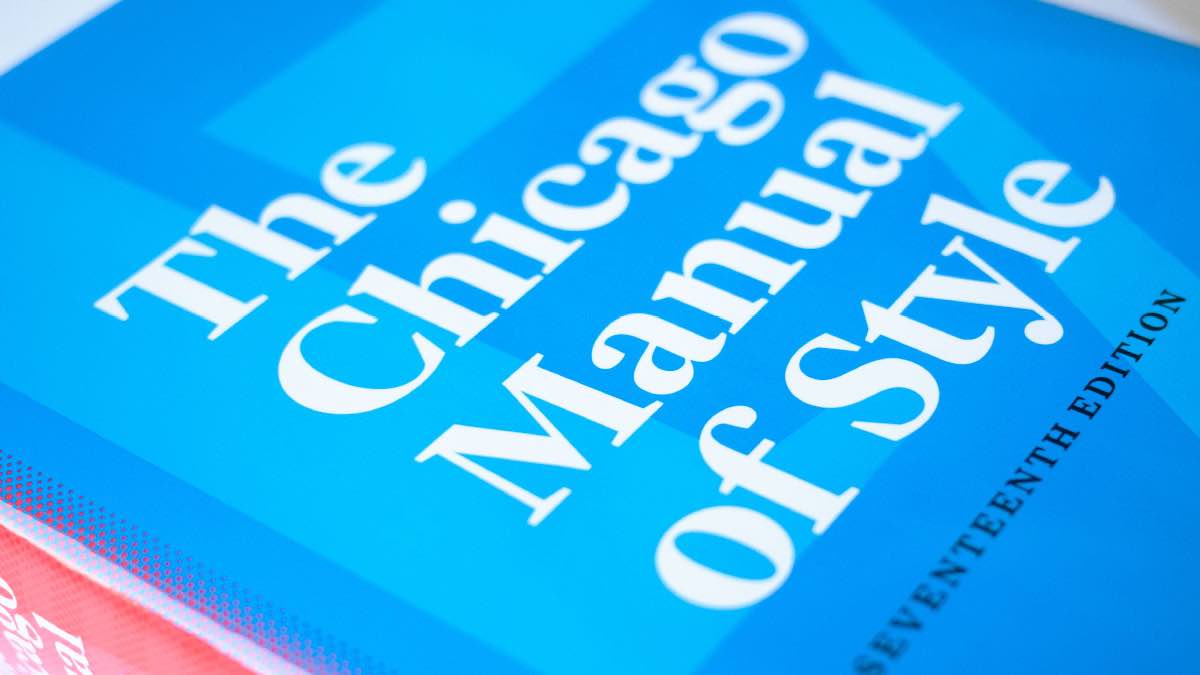A dissertation defense is one of the critical milestones one needs to cross to obtain a doctoral degree. It is a process that helps a candidate proffer their research knowledge to an audience of accomplished academics. Thus, preparing to defend a dissertation can feel distressing and burdensome, for one needs to tick several checkboxes at once. But, with the right set of steps and adequate practice, candidates can successfully overcome this unease.

A dissertation defense is a pivotal step that signals the completion of a doctoral candidate's journey. In a fundamental sense, it is an evaluation of the candidate's research, as enclosed within their dissertation, that typically precedes the process of dissertation submission.
Candidates should prepare a concise presentation outlining the various aspects of their dissertation research and demonstrate it in front of a committee. They also need to answer the questions posed by the committee concerning the dissertation and participate in any complementary discussions post the conclusion of the presentation. The defense itself is primarily oral, thus, also called viva voce, and usually 1-2 hours long.
Defending a dissertation is, objectively stated, one of the most arduous endeavors in a doctoral candidate’s life. The premise of the process - constricting research worth years into a 25-45 minute presentation and answering the barrage of questions thrown by the committee members - seems pretty straightforward. However, there are several apprehensions associated with defending dissertations that can upset the composure of even the most confident candidates. Typically, these include:
the unpredictable nature of the committee members
the barrage of questions thrown by the committee to "grill" a candidate
the fear of unintentionally skipping critical research details
the lack of enough practical experience
stage fright.
Thus, candidates need a comprehensive strategy that will help them cover all the aspects of their defense preparations.
The six preparatory steps mentioned below propose one such strategy that rightfully acknowledges the different facets of defending a dissertation.
An ideal way of excelling at defending a dissertation is to review the presentations of others.
Doing so helps candidates acquaint themselves better with the defense process and audience and address some common misconceptions firsthand.
Candidates should look for upcoming defense sessions in their university/college or other nearby institutions and attend them perforce.
Also, watching some outstanding defenses on sites such as YouTube is a great way to learn a few great tips and best practices.
Scholars are used to overcrowding their brains with the curriculum the night before an exam. However, harboring the same attitude when preparing for a dissertation defense can prove detrimental.
Candidates should commence the preparations before the university/college schedules the defense.
This is also the phase when candidates should frequently consult their advisors and practice speaking eloquently speech.
Doing so will help them acquire familiarity with speaking coherently and ensure consistency of their thoughts when defending the research.
The presentation slides are the foundation of an excellent defense and not just an accouterment.
Thus, candidates should ensure that all of their slides and subsequent contents are in order. In addition, they should review, edit and proofread the slides at least a few times for a seamless defense session.
The formatting of the slides is also a critical factor for the presentation.
Candidates should examine the layout, font colors, styles, backgrounds, clarity of images, etc., of the slides for enhanced readability for the committee and the audience.
To prepare for the questionnaire, candidates should try deriving their own questions from the dissertation. The questions can survey topics such as the purpose, scope & limitations of the research, anomalous findings/results, etc.
Candidates should also seek the help of their supervisors to develop more targeted questions.
Once the questions are ready, candidates should practice answering them while imagining themselves in a defense session. Doing so will help develop a suitable poise when answering the actual questions.
An intriguing introduction prominently serves four purposes:
attracts the complete attention of the audience and the committee members
emphasizes the intellect of the presenter
stresses the importance of the research
creates a positive first impression
Thus, when writing the speech content for the defense, candidates should draft a hook for the introduction. It can include an impressive fact related to the research data, an unusual finding, an anecdote, etc.
Regardless of how well-prepared a candidate is, technical difficulties can pose more problems than merely hindering the presentation’s flow.
Technical issues like data loss, data corruption, missing files, slow internet connection, faulty computer components, etc., can severely disconcert a candidate, causing them to make rudimentary mistakes during their defense.
Thus, candidates should always back up their presentations, check their devices for any faults, and ensure a stable internet connection in case of virtual defense sessions.
A dissertation defense is one of the critical milestones one needs to cross to obtain a doctoral degree. It is a process that helps a candidate proffer their research knowledge to an audience of accomplished academics. Thus, preparing to defend a dissertation can feel distressing and burdensome, for one needs to tick several checkboxes at once. But, with the right set of steps and adequate practice, candidates can successfully overcome this unease. Hence, readers looking forward to their dissertation defenses should consider the above six points and develop a practice routine to make the most of their preparatory efforts.
Best Edit & Proof expert editors and proofreaders focus on offering manuscripts with proper tone, content, and style of academic writing, and also provide an upscale editing and proofreading service for you. If you consider our pieces of advice, you will witness a notable increase in the chance for your research manuscript to be accepted by the publishers. We work together as an academic writing style guide by bestowing subject-area editing and proofreading around several categorized writing styles. With the group of our expert editors, you will always find us all set to help you identify the tone and style that your manuscript needs to get a nod from the publishers.

You can also avail of our assistance if you are looking for editors who can format your manuscript, or just check on the particular styles for the formatting task as per the guidelines provided to you, e.g., APA, MLA, or Chicago/Turabian styles. Best Edit & Proof editors and proofreaders provide all sorts of academic writing help, including editing and proofreading services, using our user-friendly website, and a streamlined ordering process.
Visit our order page if you want our subject-area editors or language experts to work on your manuscript to improve its tone and style and give it a perfect academic tone and style through proper editing and proofreading. The process of submitting a paper is very easy and quick. Click here to find out how it works.
Our pricing is based on the type of service you avail of here, be it editing or proofreading. We charge on the basis of the word count of your manuscript that you submit for editing and proofreading and the turnaround time it takes to get it done. If you want to get an instant price quote for your project, copy and paste your document or enter your word count into our pricing calculator.
Contact us to get support with academic editing and proofreading. We have a 24/7 active live chat mode to offer you direct support along with qualified editors to refine and furbish your manuscript.
Follow us on Twitter, LinkedIn, Facebook, Instagram, and Medium.
For more posts, click here.
This article gives you some important tips for your dissertation defense. To give you an opportunity to practice proofreading, we have left a few spelling, punctuation, or grammatical errors in the text. See if you can spot them! If you spot the errors correctly, you will be entitled to a 10% discount.
How to Determine Variability in a Dataset
14.10.2023
How to Determine Central Tendency
19.02.2023
How to Specify Study Variables in Research Papers?
14.01.2023
Population vs Sample | Sampling Methods for a Dissertation
14.01.2023
7 Issues to Avoid That may Dent the Quality of Thesis Writing
18.12.2022
How to Ensure the Quality of Academic Writing in a Thesis and Dissertation?
04.12.2022
How to Define Population and Sample in a Dissertation?
03.12.2022

Being proficient in grammar takes years of practice and needs deep knowledge. Yet, you will still end up making grammatical mistakes, and that is understandable. However, when we are talking about academic writing, you need to be exceptionally careful that you do not end up making such mistakes. This article gives you 10 common grammatical mistakes in academic writing. If you are someone who tends to make such mistakes frequently, this article will be able to help you pinpoint those mistakes and fix them.
Continue Reading
One of the main things that any editor or proofreader looks out for while editing a piece of text is punctuation marks. The reason is simple — they can alter the meaning of your text if you do not use them correctly. It becomes even more prominent when you are writing an academic paper. In academic writing, an author may be easily misunderstood when ambiguous sentences are used. Punctuation marks mainly serve the purpose to disambiguate sentences. While literary or other types of writing will have a certain degree of freedom for using punctuation marks, academic work needs to be precise and correct. This article will cover the importance of punctuation marks in academic writing.
Continue Reading
When you enter the academic field or just begin writing a thesis, a dissertation, or an article for e peer-review journal, you will fumble upon countless new writing styles, fonts, formats, and citation styles. Academic writing differs from other forms of writing because it often follows a set of structures and involves the use of formal language, grammar, and words. Thus, you need to write in a particular style that carries its own rules and regulations. This article discusses the details and main rules of the Chicago Style Citation.
Continue Reading
For a high-quality research paper, dissertation, or thesis, a helpful research question plays a critical role in designing it. It precisely suggests what you wish to study, presenting your research's apparent emphasis and objective.
Continue Reading
In statistics, a population refers to the pool of individuals from which one can draw the statistical sample for a study. A population includes a complete set of individuals. That group can comprise a nation or people sharing common characteristics.
Continue Reading